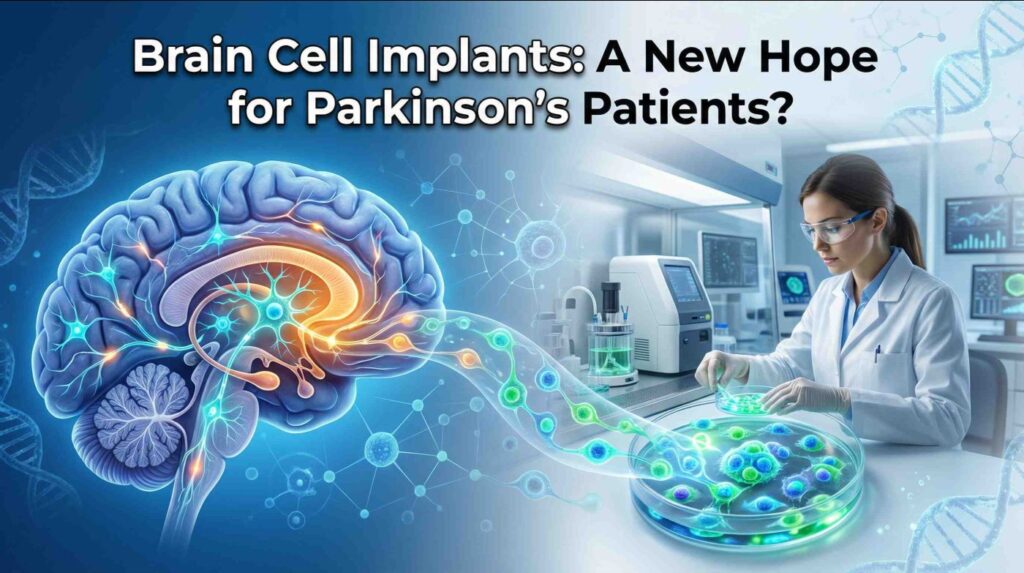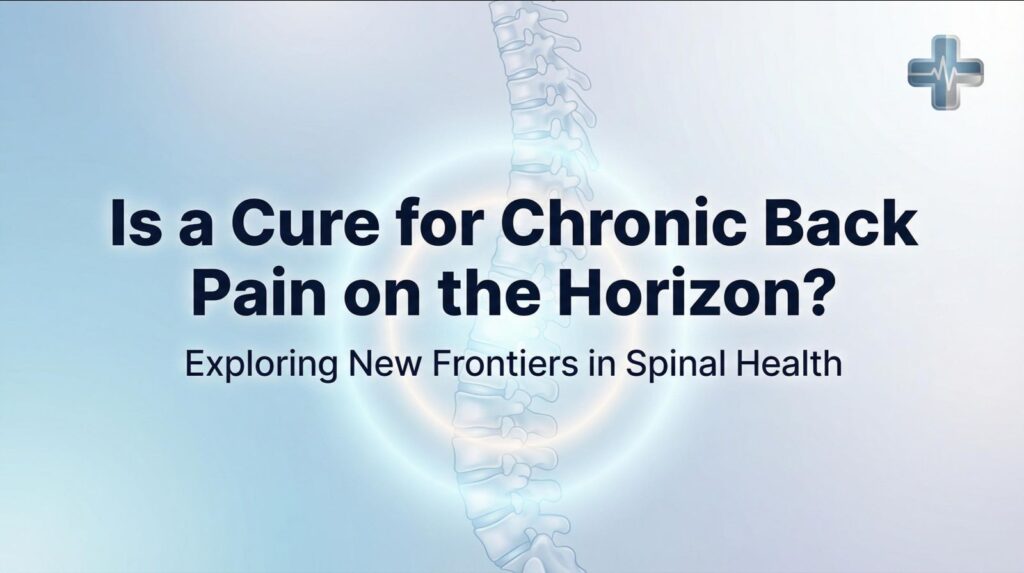CINCINNATI, June 15, 2022 /PRNewswire/ — Local Cincinnati pain physician Dr. Sairam Atluri led the first prospective controlled clinical trial on using bone marrow mesenchymal stem cells (BM-MSCs) for chronic pain. 70% of study participants gained significant pain relief and improved physical and mental function. The first of its kind in the world, the study was completed last month in Ohio.
“Evaluation of the Effectiveness of Autologous Bone Marrow Mesenchymal Stem Cells in the Treatment of Chronic Low Back Pain Due to Severe Lumbar Spinal Degeneration: A 12-Month, Open-Label, Prospective Controlled Trial” was published in the official publication of the American Society of Interventional Pain Physicians, Pain Physician Journal. It is the only scientifically accepted controlled study in the world. 15 other physicians participated in the study.
“When I saw the results my patients were getting at my StemCures health facility, I and my colleagues decided the only way to get physicians to accept this treatment as a mainstream therapeutic for chronic pain was to get a study published in a respected journal,” said Dr. Atluri. “About 90 percent of physicians have little to no knowledge of this treatment. They, and their patients, need to know.”
40 patients were in the BM-MSC treatment group for the study, and 40 were in a control group, receiving traditional pain modalities such as injections, physical therapy, nerve ablations, and pain medications. The research group then followed their progress for one year:
- Almost 70% of those receiving BM-MSCs had significant pain relief and improved physical and mental function. All had cut down or eliminated their pain medication.
- Only 8% in the controlled group (not receiving BM-MSCs) had any improved functioning.
BM-MSC treatment is a constructive pain therapeutic, as the patient’s own cells, that are proven to be safe and effective, are extracted and then injected back into the area that needs repair and healing. The painless procedure takes about 90 minutes and is typically performed just one time for each area affected by chronic pain.
According to Dr. Atluri, it’s important the public knows what BM-MSCs are, and what they aren’t.
- Mesenchymal stem cells are designed to repair and heal. They are present in every tissue, ready to spring into action if you cut your finger, or suffer an acute muscle injury.
- BM-MSC treatment, done properly, follows allowed FDA protocols.
- BM-MSCs are not embryonic or fetal stem cells. There are almost no cell therapies currently performed with these cell types.
- These are not amniotic stem cells. This is important because there are many “pseudo clinics” advertising stem cell procedures that use “off-the-shelf” amniotic stem cells. Most are not performed by qualified physicians, are violating FDA protocols, and are a waste of money. They may also adversely affect your health.
- BM-MSCs are not hematopoietic stem cells derived from blood platelets for treatments such as leukemia.
Dr. Atluri, who has successfully treated over 400 patients over the last five years at his clinic, also pointed out that by making the treatment more accessible to chronic pain sufferers, more patients can wean themselves off prescription painkillers. The consequences of that could significantly impact this country’s opioid addiction problem.
“These results of this treatment are astonishing and now, irrefutable,” said Dr. Atluri. “I travel around the world educating and teaching other physicians about BM-MSCs and now I can do it with scientific proof in hand. Every physician treating chronic pain patients should be identifying their BM-MSC candidates, which are those who suffer from arthritis or joint degeneration for more than six months and don’t have contraindications such as cancer.
“It’s changing people’s lives and in many cases, giving them a future to look forward to for the first time in years.”
For more information about the study and bone marrow mesenchymal stem cells treatment, contact Dr. Atluri at his StemCures clinic at 513-624-7525. The clinic address is 7655 Five Mile Rd., Ste. 117, Cincinnati.



